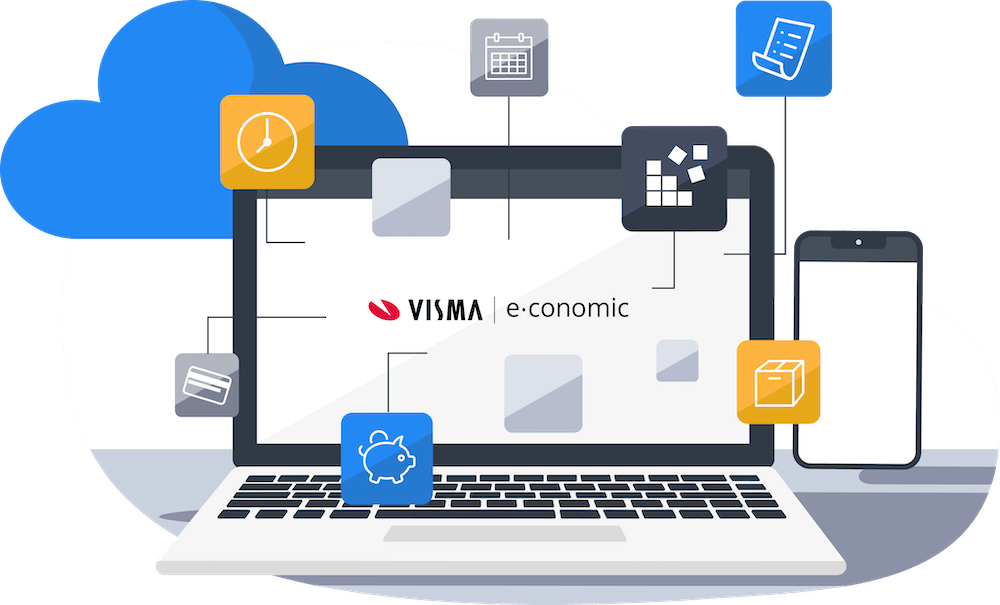Connecting your E-conomic ERP to a CRM system can be a game-changer for your business. E-conomic is a powerful cloud-based accounting and finance software that can help you manage your business’s finances. But adding a CRM system to the mix can give you a complete view of your customer’s journey, from initial contact to invoicing and beyond. In this article, we’ll explore why connecting your E-conomic ERP to a CRM system is essential for the growth and success of your business.
Improved Customer Relationship Management

Connecting your E-conomic ERP to a CRM system can significantly improve your customer relationship management. A CRM system helps you keep track of your customer’s contact information, history, and preferences. It also helps you track customer interactions, such as phone calls, emails, and support tickets. By integrating your CRM system with your E-conomic ERP, you can create a seamless customer experience that makes it easier for your customers to do business with you.
For example, when a customer places an order on your website, the order information can automatically flow into your E-conomic ERP system. The system can generate an invoice and update your inventory levels in real-time. At the same time, the customer’s contact information and order history can be added to your CRM system, allowing you to create a complete view of the customer’s journey. This can help you identify areas where you can improve your customer service, such as responding to support requests more quickly or providing personalized recommendations.
Streamlined Sales Processes
Connecting your E-conomic ERP to a CRM system can also streamline your sales processes. A CRM system can help you manage your sales pipeline by tracking leads, opportunities, and deals. It can also provide you with insights into your sales team’s performance, such as conversion rates and average deal size. By integrating your CRM system with your E-conomic ERP, you can automate many of the repetitive tasks that are associated with sales, such as generating quotes, proposals, and invoices.
For example, when a sales representative creates a quote in your CRM system, the quote can automatically flow into your E-conomic ERP system, where it can be converted into an invoice. This can help you reduce the time it takes to close deals and increase the accuracy of your billing. It can also help you identify areas where you can improve your sales processes, such as by providing your sales team with better training or by optimizing your pricing strategy.
Real-Time Financial Insights
Connecting your E-conomic ERP to a CRM system can also give you real-time financial insights. A CRM system can help you track your customer’s payment history, such as outstanding balances and payment schedules. It can also help you track your expenses, such as payroll, rent, and utilities. By integrating your CRM system with your E-conomic ERP, you can create a complete view of your business’s financial performance.
For example, when a customer makes a payment, the payment information can automatically flow into your E-conomic ERP system, where it can be used to update your accounts receivable and cash flow projections. At the same time, the payment information can be added to your CRM system, where it can be used to track the customer’s payment history. This can help you identify areas where you can improve your financial performance, such as by reducing your expenses or increasing your sales.
Increased Productivity
Connecting your E-conomic ERP to a CRM system can also increase your productivity. By automating many of the repetitive tasks associated with accounting, finance, and sales, you can free up more time to focus on growing your business. It can also help you reduce errors and improve the accuracy of your financial data.
For example, when you integrate your CRM system with your E-conomic ERP, you can reduce the time it takes to generate invoices, quotes, and proposals. This can



